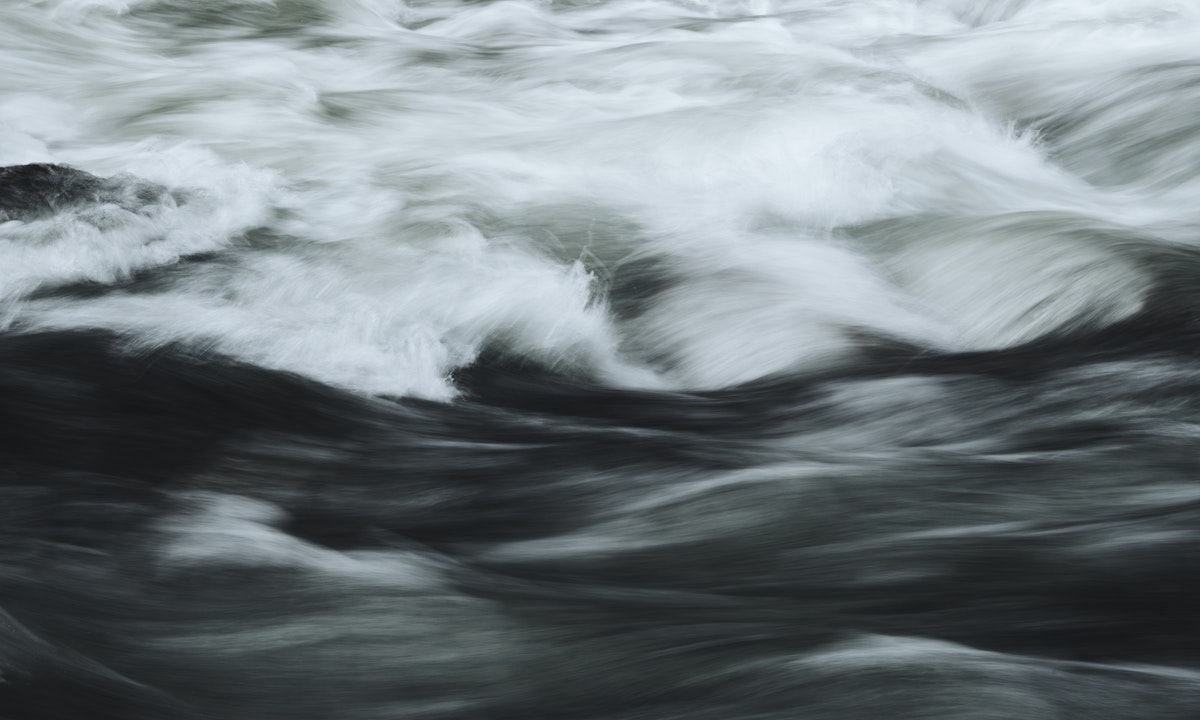Podcast: Play in new window | Download
Subscribe: Apple Podcasts | RSS | More
There are places where people can choose to ignore climate change. Then, there are places that it could never be considered a myth. Here, the effects of climate change can never be ignored – with floods, heat waves, extreme storms, or literal rising waters. Such a place is India – particularly, North Bihar. The floods in India are so extreme that hundreds of villages and thousands of farms can find themselves underwater. Rivers can dramatically shift course overnight. And it is not only a problem of water. In the floodplain of the Himalayas, climate change collides with poverty, culture, caste, and life.
Today, we are joined by Dr. Luisa Cortesi. Luisa has lived around the world, in places where climate change where was particularly felt. She saw how people lived through and dealt with these disasters.
In 2007, while working as an applied anthropologist, Luisa happened to be living in North Bihar when the worst floods in India in decades hit. Again, she experienced major flooding in 2008 when she saw the entire course of the Kosi River shift. Today, she shares her experiences.
Luisa is an environmental and engaged anthropologist of water, disasters, and inequalities. She received a joint PhD from Yale University in Anthropology and Environmental Studies. She has been the Taylor Postdoctoral Fellow and Atkinson Fellow, and is currently a Visiting Assistant Professor of Environment and Sustainability at Cornell University. She is now Assistant Professor at the International Institute of Social Studies at the Erasmus University in The Netherlands, as well as Marie S. Curie Fellow at the Freiburg Institute of Advanced Studies in Germany. Luisa has worked extensively in India and continues to support NGOs there in an advisory capacity. She has recently started the Water Justice and Adaptation Lab.
If you are a patron of the podcast, be sure to check the Patreon page all this month for bonus content from this episode, including some of Luisa’s pictures from her time in India and a discount code for her book.
Luisa’s recent work includes:
2021 “The Ontology of Water and Land and Flood Control Infrastructure in North Bihar, India” Journal of the Royal Anthropological Institute 27:4
2021 Split waters: The Idea of Water Conflicts. London and New Delhi: Routledge (edited with Joy, K.J.) ISBN 978-0-367-37175-3
Forthcoming, The Shape of Water: the Geometry and Epistemology of Infrastructures of Fluvial Management and Flood Control in India,” in Amphibious Anthropologies: Life between the Wet and the Dry (edited with Krause, F. & A. Camargo)
Forthcoming, Disastrous Water: The Environmental Knowledge and Technologies of Floods, Toxic Drinking water, and Other Muddy Disasters
Background music you heard are clips from:
Adagio teru by rocavaco (c) copyright 2009 Licensed under a Creative Commons Attribution (3.0) license. http://dig.ccmixter.org/files/rocavaco/24456 Ft: teru
Plains by gurdonark (c) copyright 2009 Licensed under a Creative Commons Attribution (3.0) license. http://dig.ccmixter.org/files/gurdonark/19734
Ouverture by reusenoise (c) copyright 2018 Licensed under a Creative Commons Attribution (3.0) license. http://dig.ccmixter.org/files/reusenoise/58687
LA TRIPLETA by virtualdjmax (c) copyright 2008 Licensed under a Creative Commons Attribution (3.0) license. http://dig.ccmixter.org/files/virtualdjmax/16150
Paper Planes – Durden ft. Airtone by DURDEN (c) copyright 2016 Licensed under a Creative Commons Attribution (3.0) license. http://dig.ccmixter.org/files/DURDEN/55041 Ft: Airtone
